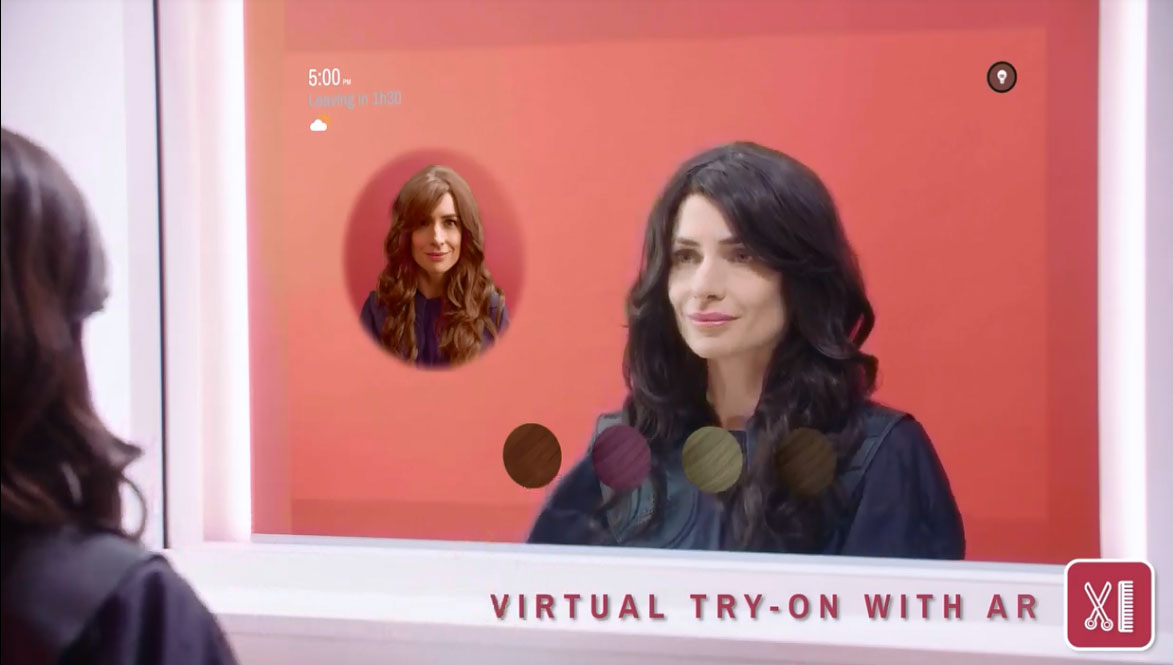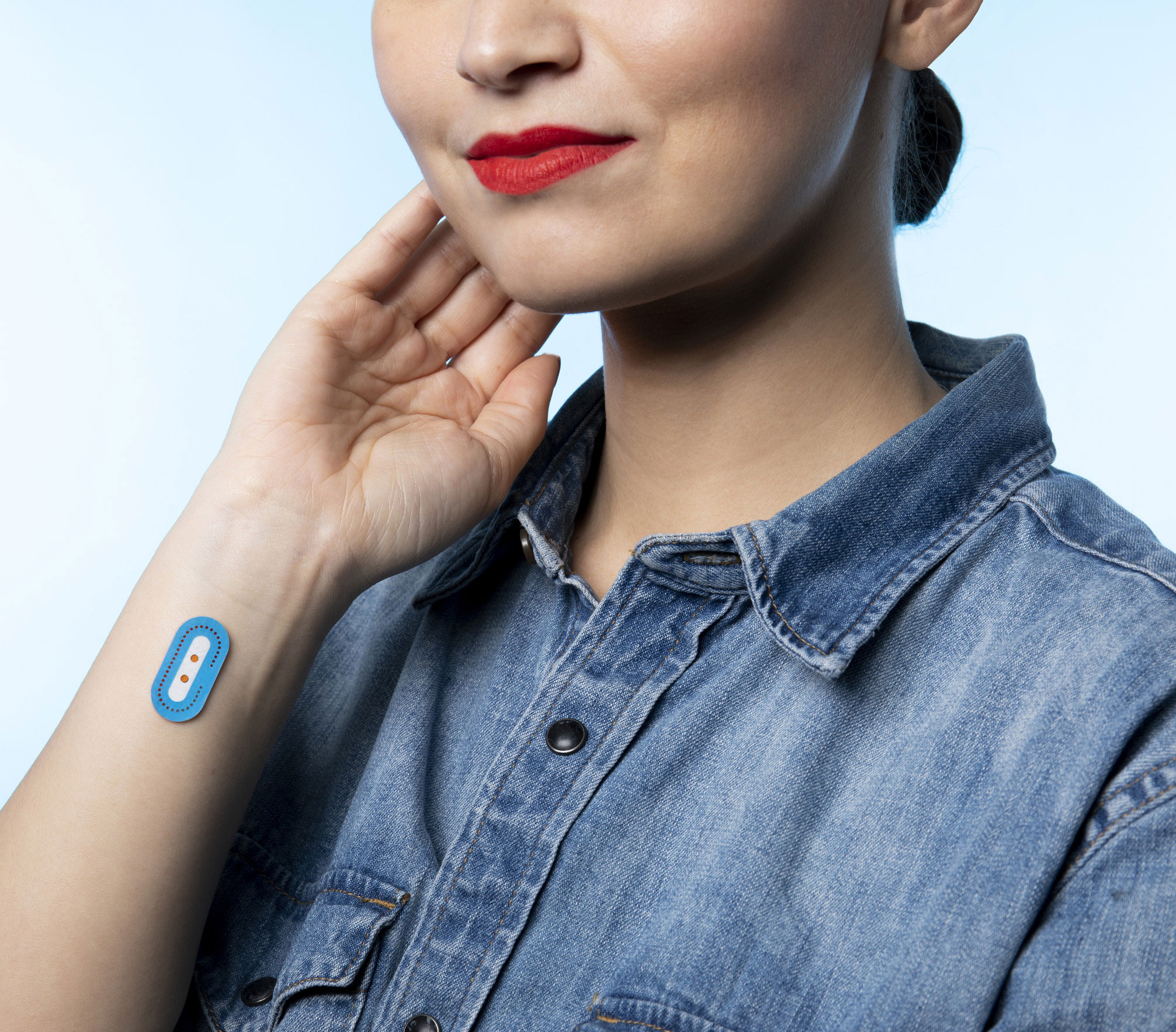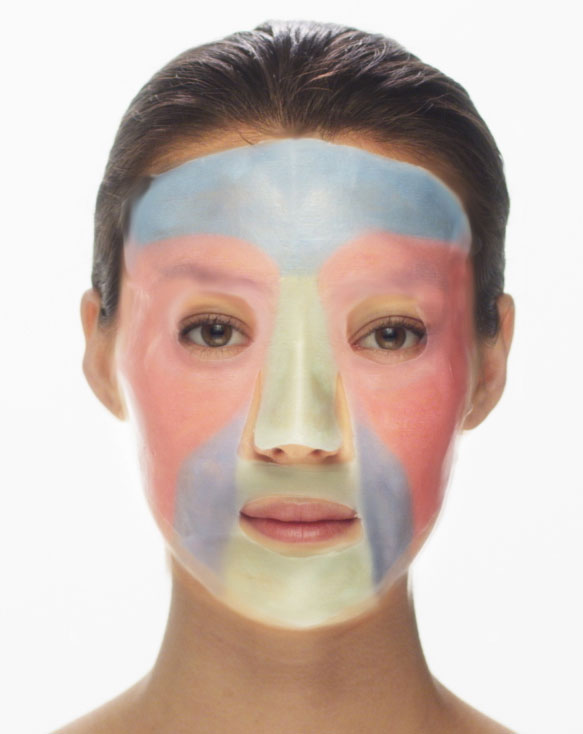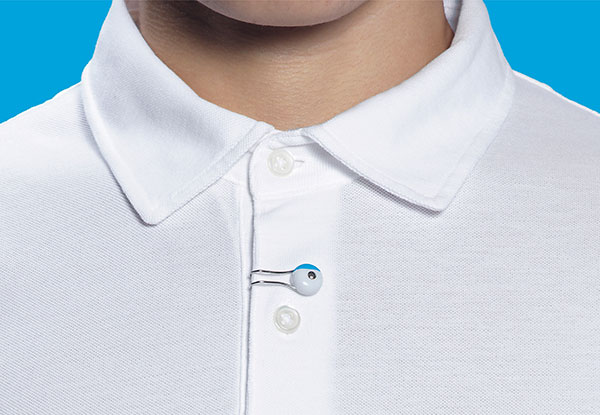Beauty giant L’Occitane International is adding the prestige skincare brand Elemis to its portfolio.
The group, which owns multiple brands including L’Occitane en Provence, Melvita and Erborian, cited the British skincare brand’s “strong cross-generational consumer appeal” as one of the motivating factors behind the $900 million acquisition.
Since it first broke onto the scene in 1990, Elemis has built up a reputation as a go-to luxury wellness brand for face and bodycare, focusing on the dual power of natural ingredients and scientific innovation. The London-based company is present in more than 1,600 spas, salons, stores and multiple e-retailers worldwide, and Elemis therapists treat over six and a half million clients per year.
Source AFP-Relaxnews

News briefs
L'Occitane acquires prestige skincare brand Elemis
Publication of the Standard ISO 11930:2019 on the evaluation of antimicrobial protection of a cosmetic product
This document specifies a procedure for the interpretation of data generated by the preservation efficacy test or by the microbiological risk assessment, or both, when evaluating the overall antimicrobial protection of a cosmetic product.
It comprises:
• a preservation efficacy …
Upcoming inspections to check compliance with REACH registration obligations
On 9 January 2019, Echa announced that inspectors, working together with customs authorities, have started checking the compliance of importers and manufacturers with REACH registration obligations as part of an EU-wide Forum enforcement project. The project aims to ensure EU-wide …
CES 2019: Coty unveils a new smart mirror for testing out virtual hair color
 Have you ever wished that you could try on different hair color shades in the salon before committing to an expensive new look? Wella Professionals may have come up with a solution.
Have you ever wished that you could try on different hair color shades in the salon before committing to an expensive new look? Wella Professionals may have come up with a solution.
The Coty-owned beauty brand has unveiled a new augmented reality (AR) enabled ‘Smart Mirror’ at the Consumer Electronics Show (CES) 2019, which allows users to virtually test out different hair colors with live results. Powered by the existing CareOS operating system and incorporating Perfect Corp’s YouCamMakeup AR & AI technology, the mirror uses facial recognition technology to retrieve archived looks, and features a 360° video element to let clients view their hair from all angles. It also offers a series of trending and classic looks to inspire those who are unsure of what they want, and lets clients and stylists keep in touch via a connected app in between visits. The technology can be run on any connected device, ranging from a tablet to a mobile phone.
The mirror, which is currently on show at CES 2019 as part of the CareOS Artémis connected Smart Mirror exhibit, was co-created with Wella Professionals hair stylists and salon owners. It came into being after a survey of almost 1,700 stylists and clients showed that customers are seeking more personalized in-salon consultations.
“This breakthrough ecosystem empowers stylists and addresses many of the pain points associated with the salon hair color category,” said Elodie Levy, Senior Director Digital Innovation at Coty. “Clients fear getting an unexpected color result and the use of augmented reality for trying on hair color shades in the salon is a game changer to address this challenge.”
AR has had an enormous impact on the beauty industry over the past few years, with multiple brands such as ModiFace and YouCam driving the increase in connected solutions and devices. Last November saw Modiface unveil a ‘Virtual Nail Salon’ app that lets users virtually test out 30 different nail polish shades, while YouCam and Eylure teamed up earlier in the year to test out an augmented reality (AR) makeup experience focusing on false eyelashes.
• See the presentation vidéo on YouTube. Source AFP-Relaxnews
CES 2019 : L'Oréal unveils wearable skin sensor for measuring pH levels
 L’Oréal is doubling down on personalized skincare with its latest technical innovation: a wearable sensor that measures skin pH levels.
L’Oréal is doubling down on personalized skincare with its latest technical innovation: a wearable sensor that measures skin pH levels.
The beauty giant has unveiled a prototype of the new ‘My Skin Track pH’ wearable by its brand La Roche-Posay at the L’Oréal Technology Incubator as part of the 2019 Consumer Electronics Show (CES) in Las Vegas, where it has received a CES 2019 Innovation Award.
The sensor offers users a personalized measure of their skin pH levels, which can, in some cases, be responsible for conditions such as eczema, dryness or atopic dermatitis. The idea is that, by monitoring individual levels, users would be able to adjust their skincare regimes accordingly.
The wearable, which is being billed as the first of its kind, works by using microfluidic technology to capture trace amounts of sweat from the pores on a patch of skin on the inner arm. Two dots in the center of the sensor will change color to alert the user that the measurement has been taken; readings take between 5 and 15 minutes. The wearer then needs to take a photo of the sensor using the accompanying My Skin Track pH app, which conveys the measurement and recommends suitable La Roche-Posay products.
“The scientific and medical communities have long known the link between skin pH levels and common skin concerns that millions of people experience every day,” said Guive Balooch, Global Vice President of the L’Oréal Technology Incubator, an arm of L’Oréal’s Research and Innovation, in a statement. “Our goal is to use this advanced technology to empower consumers with meaningful information about their skin, so that they can find the products that are right for their individual needs.”
The sensor, which was designed in partnership with Epicore Biosystems, is the latest tech-driven skincare innovation to come from L’Oréal. Last November the company launched a battery-free wearable device that measures UV exposure, dubbed, ‘My Skin Track UV’ by La Roche-Posay.
‘My Skin Track pH’ will be introduced at select US La Roche-Posay dermatologists throughout this year, with a view to potentially launching a direct-to-consumer product in the future.
Source AFP-Relaxnews
CES 2019: masks adapted to the shape of the face
 Badly-fitting face masks could soon be a thing of the past, thanks to Neutrogena, which is taking personalized skincare to the next level with its latest innovation. The skincare giant is preparing to unveil the new Neutrogena MaskiD app at the Consumer Electronics Show (CES) 2019 next week.
Badly-fitting face masks could soon be a thing of the past, thanks to Neutrogena, which is taking personalized skincare to the next level with its latest innovation. The skincare giant is preparing to unveil the new Neutrogena MaskiD app at the Consumer Electronics Show (CES) 2019 next week.
The app allows users to get fully customized 3D-printed face masks, by giving them an accurate assessment of their skincare needs and facial measurements via the TrueDepth camera on the iPhone X, XS, and XR. Users simply need to take a selfie for the app to create a multi-dimensional map of their face, including the exact measurements and shape of their facial features.
The masks will be divided into six different zones, and Neutrogena will offer five main ingredients that can be mixed and matched for each area of the face. They include vitamin C, purified hyaluronic acid, vitamin B3, feverfew, and stabilized glucosamine.
“The key with 3D printing is [that] we can put the active [ingredient] you want just where you need it, anywhere on the mask, as opposed to one product that you’re trying to use all over the face,” Michael Southall, Research Director and Global Lead of Beauty Tech at Neutrogena.
The move comes one year after Neutrogena unveiled its last big invention at CES 2018, in the form of a ‘Skin360’ and ‘SkinScanner’ iPhone accessory that scans users’ complexions to provide data on the skin’s condition and offer relevant skincare advice.
Source AFP-Relaxnews
European agreement on single-use plastics
On 19 December 2018, the European Parliament and the Council approved the European Commission’s “Single-use plastics” proposal: a series of measures to reduce marine litter. They aim to ban certain products containing plastic, such as cotton buds or straws, and also include labelling requirements to indicate the harmful effects of the product on the environment for certain others, including, for the cosmetics sector, wet wipes. Once this agreement has been formally approved, a Directive will be published and EU Member States will have to transpose it into national law within two years.
To go further
• See the European Commission press release: Single-use plastics: Commission welcomes ambitious agreement on new rules to reduce marine litter
Standing Committee on Cosmetic Products: the agenda of 10 December 2018
The Standing Committee on Cosmetic Products is meeting on 10 December 2018, with several texts on its agenda on which it must decide.
Measures for vote
• Draft Regulation on Phenylene bis-diphenyltriazine (UV filter S86)
• Draft Regulation on 2-chloro-p-phenylenediamine (hair dye)
• Draft Regulation on Climbazole
• Draft Regulation correcting the Bulgarian version of the Cosmetics Regulation
• Draft CMR Omnibus Regulation amending Annexes II to V
Issue for discussion
• Report from the Medical Product Agency ‘Faster adaptation of the regulations for cosmetic products’ (SE)
ECHA updates its website to prepare companies for Brexit
The UK is withdrawing from the EU at the end of March 2019. How the withdrawal will affect companies depends on their role in the supply chain. ECHA has published new web pages that guide companies through the consequences and …
L'Oréal and Apple join forces to track UV rays
The beauty giant and the tech behemoth have announced the launch of the La Roche-Posay ‘My Skin Track UV’ - a battery-free wearable device that measures UV exposure. The duo claims the electronic system, which is now available for US consumers to buy on apple.com and in select Apple stores for $59.95, is the first of its kind.
 The device uses a precise sensor that is activated by the sun, to measure both UVA and UVB rays. It works in tandem with an app that tracks the wearer’s exposure to pollution, pollen, and humidity, allowing users to make more informed skincare choices depending on their lifestyles.
The device uses a precise sensor that is activated by the sun, to measure both UVA and UVB rays. It works in tandem with an app that tracks the wearer’s exposure to pollution, pollen, and humidity, allowing users to make more informed skincare choices depending on their lifestyles.
The device, created in collaboration with the designer Yves Behar, can be clipped to clothing or accessories, and measures 12mm by 6mm. It stores data for up to three months.
“Our research has long indicated the need for better consumer understanding of personal UV exposure,” said Guive Balooch, Global Vice President and Head of L’Oréal’s Technology Incubator, in a statement. “We created this battery-free sensor to seamlessly integrate into the lives, and daily routines, of those using it. We hope the launch of this problem-solving technology makes it easier for people to make smart, sun-safe choices.”
Source AFP-Relaxnews